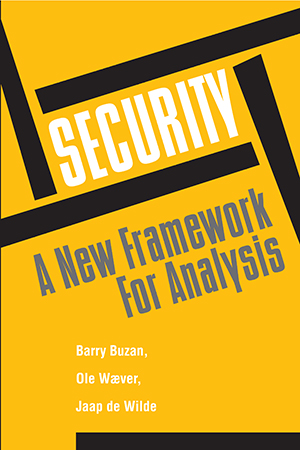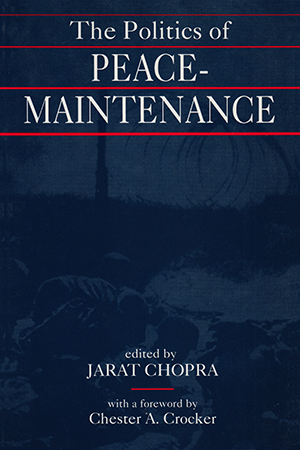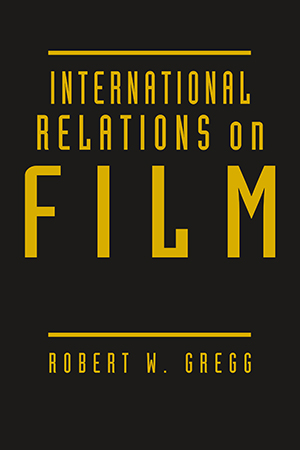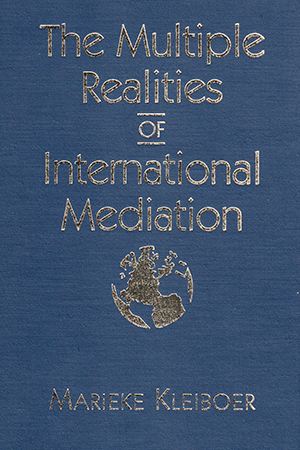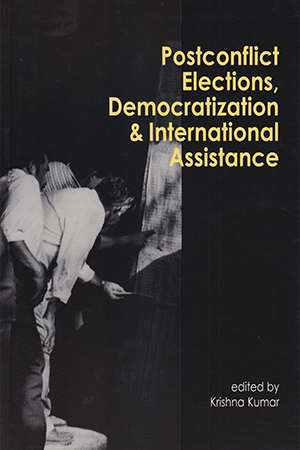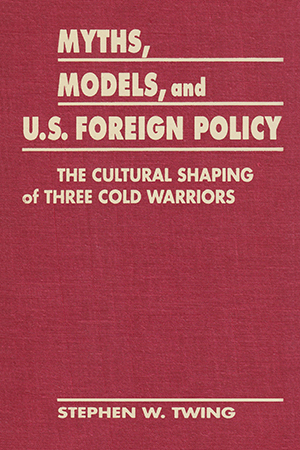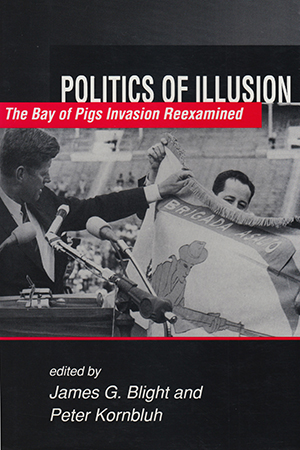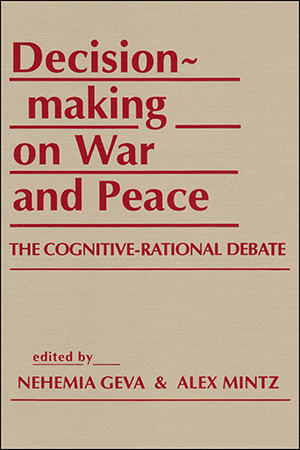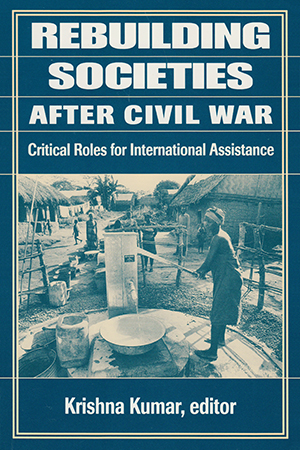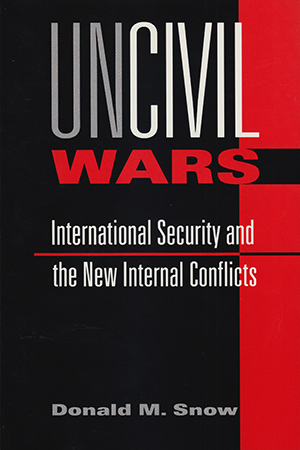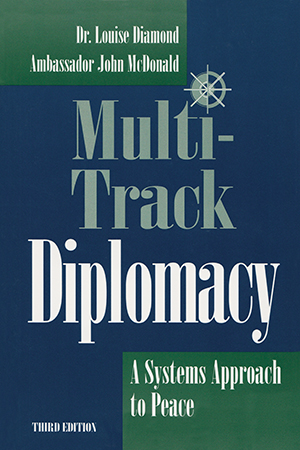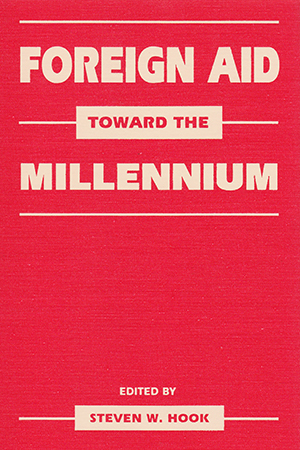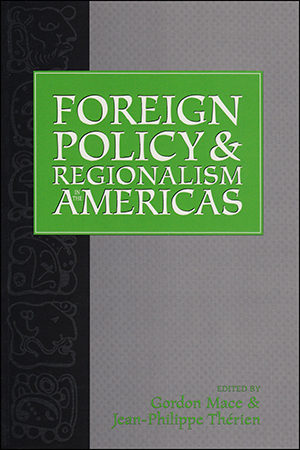International Relations (all books)
Traditionalists in the field of security studies tend to restrict the subject to politico–military issues; while wideners want to extend it to the economic, societal, and environmental More >
The results of more than fifty years of peacekeeping operations—ranging from diplomatic efforts to so-called peace enforcement (the use of military force)—have made it clear that More >
This welcome exploration of the ways in which feature films depict the various aspects of international relations considers the utility of the feature film as a vehicle to dramatize issues More >
Recent experiences have demonstrated once again the complexities of brokering an end to deep-rooted ethnic and international conflicts, as well as the difficulties of evaluating the outcomes More >
On the Humanitarian Times list of the Top Ten Books of 1998! With the resolution of intrastate conflicts in Africa, Central America, and Southeast Asia, and with new hope for the peaceful More >
In what ways does national culture influence the direction of U.S. foreign policy? What are the mechanisms through which culture shapes policy outcomes? Stephen Twing’s thoughtful More >
The defeat of the attempted April 1961 invasion of Cuba at the Bay of Pigs (Playa Giron) was one of the worst foreign–policy disasters in U.S. history. Since then, explanations of the More >
International political economy is both a discipline and a set of global practices and conditions. This volume explores how the two are related, illustrating the changing character of the More >
Reviewing, comparing, and contrasting major models of foreign policy decisionmaking, contributors to this volume make a substantial contribution to the debate between cognitive and rational More >
With civil wars and internal violence on the rise over the past two decades, bilateral donor agencies, intergovernmental organizations, and NGOs have been playing an increasingly critical More >
This innovative text/reader illustrates a range of national and regional perspectives on international relations and U.S. foreign policy. The twenty-eight selections include speeches, More >
UnCivil Wars examines the new pattern of internal, or civil, war that has emerged in the post-Cold War world. Donald Snow points out that the new internal wars tend to occur in the least More >
Exceptional in its systemic approach to peacemaking and conflict resolution, Multi-Track Diplomacy identifies the actors and activities that contribute to peacemaking and peacebuilding More >
Like world politics itself, the foreign-assistance regime of the late 1990s is characterized by fundamental change and widespread uncertainty. This book confronts these changes and More >
This comparative analysis of foreign policy behavior in the Americas focuses on the emerging trend toward regionalism. Following a discussion of the phenomenon of regionalism in general, More >


